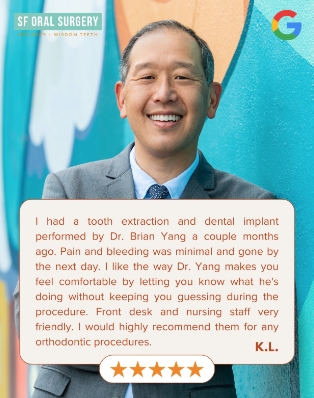
Dental implants are a restorative treatment option that can help patients who are missing one, several, or all of their teeth. They provide exceptional results and longevity, but many patients are concerned about the potential cost of their treatment.
Having dental implants placed can have a higher cost than other treatment options. The dental implant surgery and the high-quality materials and construction of the implants contribute to that cost. However, many factors affect each treatment and whether it is the right choice for you.
The Extent of Your Dental Restoration
Dental implants provide a solution for many different situations. Titanium dental implant posts are placed and embedded into the jawbone, providing a strong foundation for dental crowns, bridges, or full arch replacement.
The cost of treatment varies widely depending on the number of dental implants placed. If you are replacing just one missing tooth, you will only need a single dental implant and crown. Replacing multiple missing teeth in different positions throughout your smile will require additional individual dental implants.
However, fewer implants are required to replace multiple missing teeth that are right next to each other. In this case, an implant-supported bridge is more appropriate if you are missing several teeth in a row. This only requires two dental implants, one at either end, to support a bridge that replaces multiple teeth, which reduces the overall cost of treatment on a tooth-by-tooth basis.
Individuals missing all of their teeth have an even more efficient treatment option. All-on-4® full arch replacement uses dental implants to support entire rows of replacement teeth. They are similar to traditional dentures but provide many benefits to help them feel and function like your original teeth. All-on-4® dental implants take their name from the fact that each row requires as few as four dental implants for support. That number of implants is much less than replacing each tooth individually, making the treatment much more affordable.
Bone Grafting and Other Additional Procedures
The dental implant surgery itself makes up a significant part of the cost associated with dental implants. However, there may be other procedures to consider in your treatment plan.
Dental implants need a strong jawbone to serve as a foundation. If there is not enough bone material, the implants will not be able to fuse and provide lasting strength. Some patients may have experienced jawbone deterioration after living with missing teeth for years. Due to simple natural variation, others could find themselves with too little bone material. In either case, bone graft surgery may be an option to prepare for dental implants.
Bone graft surgery rebuilds the jaw by transplanting bone to the area and allowing it to heal and integrate with the jawbone. While this can extend the treatment timeline and increase cost, it also makes dental implants accessible to more patients.
When replacing a tooth that is seriously damaged or decayed but not missing entirely, you will also need a tooth extraction. This is also common in patients missing most but not all of their natural teeth to prepare for All-on-4® treatment.
Gum disease is a major contraindication for dental implants and can affect success over the long term. Patients with advanced gum disease may require treatment before they can proceed with dental implants.
Dental Implants Are Often the Right Financial Decision
Dental implant costs sometimes seem high because all factors behind implant placement are combined into a single cost. However, dental implants are meant to be permanent, typically lasting for life, and are much more cost-effective than the alternatives. Bridges and dentures need constant replacement throughout your life, along with new costs each time, but you only need to replace missing teeth once with dental implant surgery.
Dental implants are also an investment in your long-term oral health. Other treatments can harm remaining natural teeth, and repairing or replacing those teeth will lead to worse overall health. Dental implants do not harm your natural teeth surrounding the implant placement site, allowing you to avoid even more restorative treatment and its associated costs in the future.
Unlike dentures, dental implants help prevent jawbone deterioration. They provide resistance similar to that of natural tooth roots, avoiding the deterioration and shrinkage that happens with dentures over time. The reduced need for future treatment can make dental implants the right financial decision, alongside being the right decision for your well-being and quality of life.
Are Dental Implants Right for You?
Dental implants are an effective treatment option in many cases, and the team at SF Oral Surgery can determine whether they are the right treatment for you. We will carefully evaluate your unique case to find the treatment plan that best addresses your needs and long-term oral health.
Cost is a serious concern for patients looking for major restorative treatments such as dental implants. SF Oral Surgery provides a range of options for patients in San Francisco. We work with you to maximize your insurance reimbursement with options such as Care Credit®. See which financing options are right for you.
Request A Consultation
Get To Know Your Team | Follow Us On Instagram









